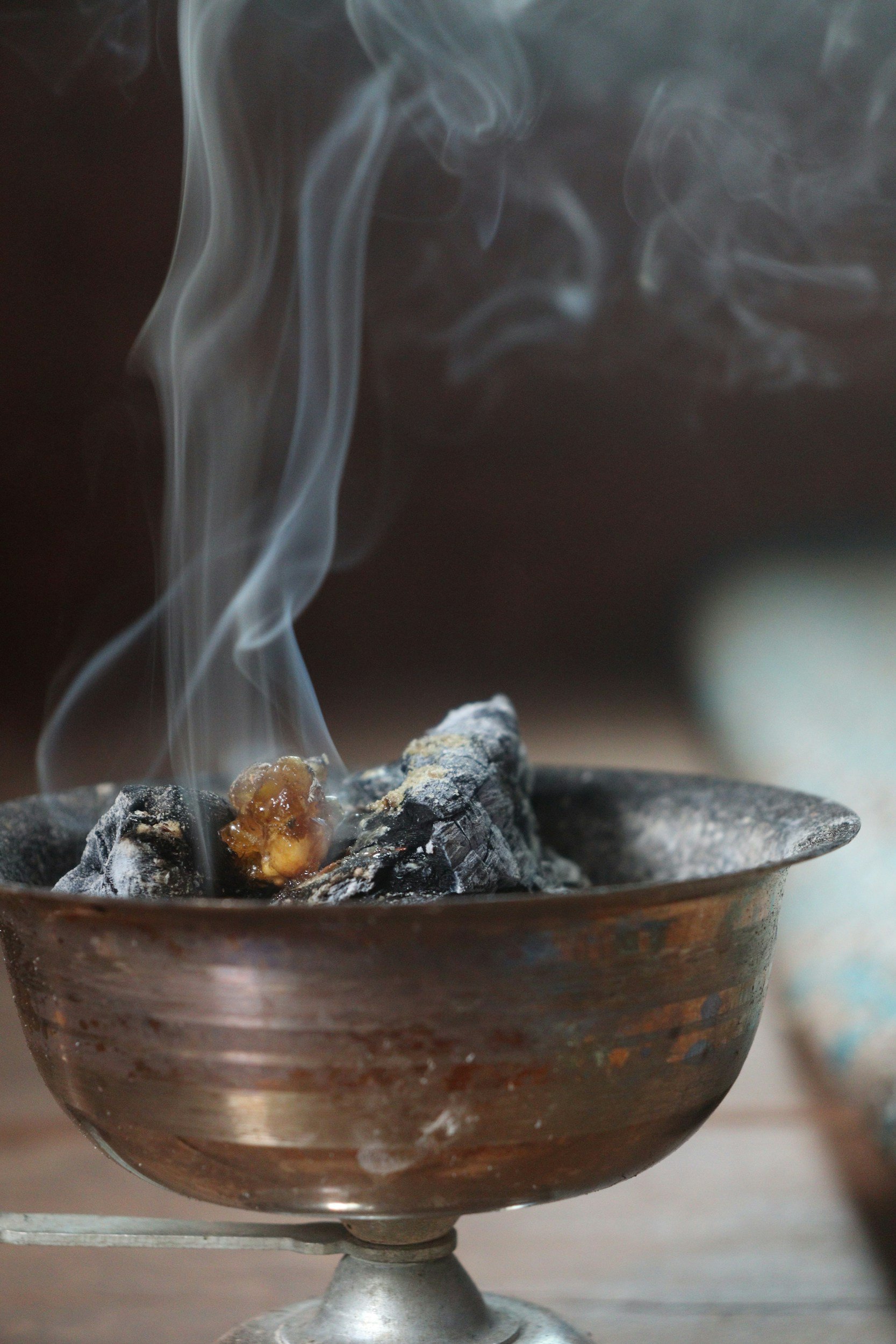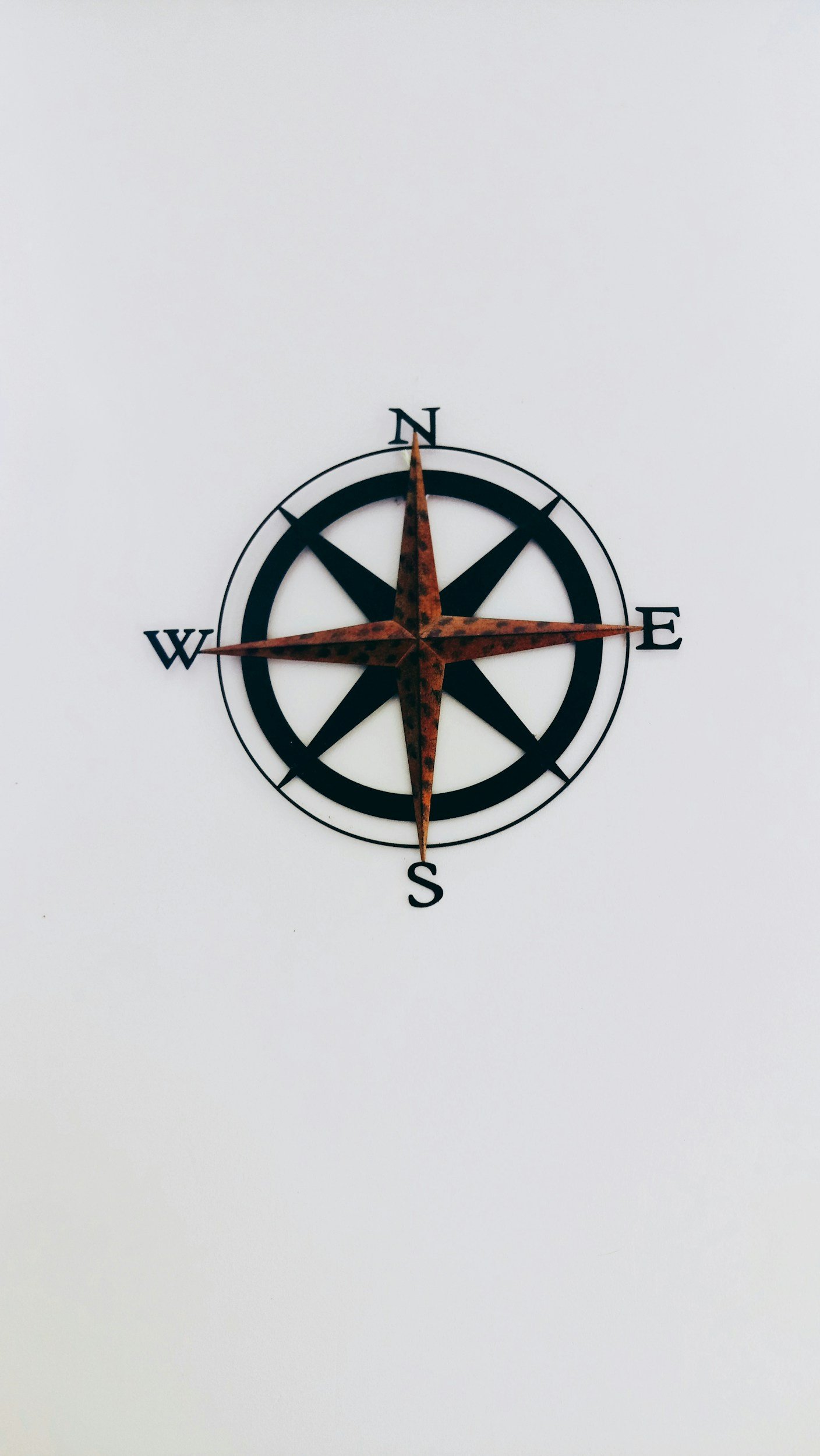4 Reasons Why You May Be Slacking at Doing Igo Mmuo Frequently
…and how to realign yourself with the practice
Igo Mmuo, the quiet, intentional communion with spirit, is one of the simplest yet most powerful practices in Igbo spirituality. It does not require elaborate rituals, dramatic gestures, or expensive tools. What it truly requires is consistency, presence, and connection.
Yet many people find themselves slipping. Days pass, then weeks, sometimes months… and they realize they haven’t done Igo Mmuo at all.
If you’ve felt this struggle, you are not alone.
Here are four reasons you may be slacking, and how to return to a place of steady practice.
1. You Have No Established System or Routine
One of the biggest reasons people fail to practice consistently is because they rely on randomness. You wait for the “perfect mood,” the “right moment,” or a spike of motivation. But spiritual practice doesn’t thrive on chance, it thrives on structure.
When you create systems, you create flow.
Consider:
Choosing a specific market day each week
Adding Igo Mmuo to your morning routine
Setting a reminder in your calendar
Preparing a playlist that helps you settle into the practice
Having a ready altar or quiet corner
These small structures act like anchors. They remove the mental friction and make it easier to step into the practice naturally.
Consistency happens when spirituality becomes a lifestyle, not an occasional event.
2. You Don’t Fully Understand What It Is
Sometimes slacking is not as a result of laziness, it’s from confusion. If you don’t clearly understand what Igo Mmuo truly means or what it is supposed to do, your mind will treat it as a vague, burdensome task instead of a nourishing spiritual moment.
Igo Mmuo is not:
a ritual of fear
a performance
a complicated ceremony
something you need “special tools” for
It is:
a moment of alignment
a personal communion with your Chi and your spirit guides
a gentle tuning of your internal frequency
spiritual mindfulness rooted in Igbo cosmology
When you understand the purpose, the practice becomes meaningful. And when it is meaningful, it becomes easier to do, even joyfully.
3. You’ve Attached the Practice Too Tightly to Your Altar
This is a subtle but common mistake.
Your altar is sacred and powerful, yes, but Igo Mmuo is not imprisoned there.
When you unconsciously believe that you can only do Igo Mmuo at your altar, life will inevitably interrupt you. Travel, stress, unexpected schedules, or living conditions can make it hard to reach that space often. And gradually, you do less and less.
But truthfully:
You can practice in your bedroom
In your car before work
Sitting under a tree
On your balcony
In your office during a quiet moment
Or simply lying on your bed with your eyes closed
Igo Mmuo is a state of attunement, not a location. When you free the practice from a fixed place, you free yourself to practice consistently.
4. You Haven’t Personalized the Practice
Another major cause of slacking is the pressure to copy what you see online. You follow other people’s instructions word-for-word, forgetting that spirituality is deeply individual and contextual.
What works for someone else may feel unnatural or overwhelming for you.
If you don’t adapt the practice to your:
personality
level of spiritual development
language
emotional rhythms
current life stage
…it will feel like a performance instead of a relationship. And performances exhaust you.
This leads to avoidance, not consistency.
Personalize your practice:
Use your own words
Speak in a language your spirit understands
Simplify the steps if needed
Let it match your rhythm
Modify prayers, songs, or gestures
Make it yours
When Igo Mmuo feels authentic, your spirit begins to look forward to it.
Final Thoughts
If you’ve been slacking, it’s not a failure, it’s an opportunity to recalibrate.
Build a routine.
Understand the purpose.
Free the practice from strict locations.
Personalize it so it fits your soul.
Igo Mmuo is meant to be a gentle, grounding, uplifting part of your life. Once you remove the obstacles that complicate it, the practice naturally becomes something you return to with joy, not obligation.











